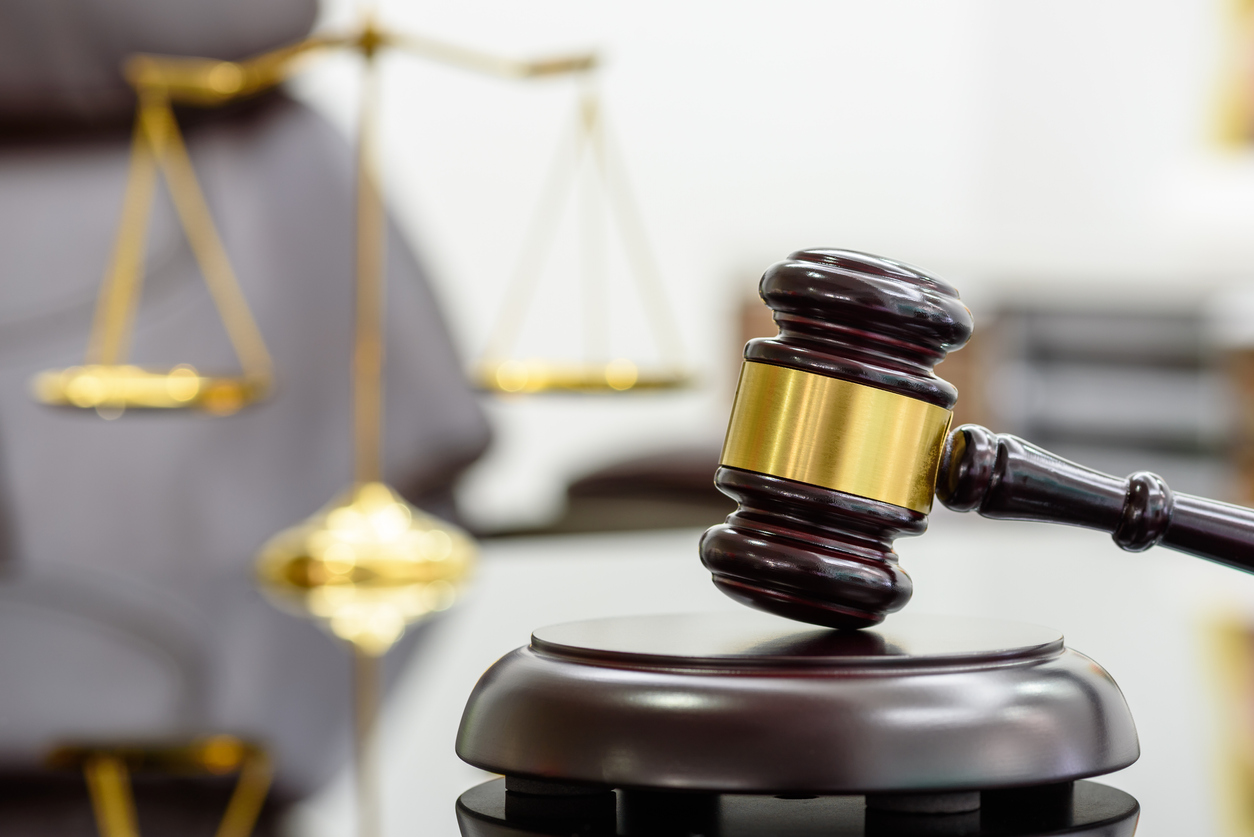Federal Judge Uses Legal Loophole to Block Trump’s Birthright Citizenship Order
A federal judge in New Hampshire has temporarily blocked President Donald Trump’s executive order ending birthright citizenship—by exploiting a narrow loophole the Supreme Court left open just weeks ago.
U.S. District Judge Joseph Laplante issued a nationwide preliminary injunction on Thursday after certifying a class-action lawsuit brought by immigration attorneys. The order halts enforcement of Trump’s birthright citizenship ban for all babies born in the U.S. after February 20, regardless of their parents’ immigration status.
The move comes despite a recent Supreme Court ruling that sharply limited federal judges from issuing broad injunctions against Trump’s policies. That decision was hailed by Trump and conservative justices alike as a victory against judicial overreach. However, the court did not shut the door entirely—Justice Samuel Alito warned in a concurring opinion that judges could still try to circumvent the ruling by approving nationwide class-action lawsuits.
Judge Laplante, a George W. Bush appointee, did exactly that.
“I’m the judge who wasn’t comfortable with issuing a nationwide injunction. Class action is different,” Laplante said in court. “The Supreme Court suggested class action is a better option.”
Immigration attorneys seized on that suggestion, and Laplante agreed. He certified a national class of individuals “deprived of citizenship” and used that legal status to grant sweeping injunctive relief against Trump’s executive order.
The judge claimed that loss of citizenship constitutes “irreparable harm” and declared that U.S. citizenship is “the greatest privilege that exists in the world.”
The Trump administration is expected to appeal the ruling. The judge paused his injunction for seven days to give the administration time to file.
Trump had championed the end of birthright citizenship since his first term, calling the policy outdated and dangerous. His executive order, signed on Day One of his second term, was aimed at ending what he called “the abuse of American soil for foreign births.”
After the Supreme Court’s decision limiting judicial blockades, Trump declared it a green light for his policies to move forward.
“This was a big decision,” Trump said. “One that we’re very happy about.”
Despite the president’s optimism, Thursday’s ruling shows that the legal war over his immigration agenda is far from over—and that judges are still willing to find creative ways to slow him down.


